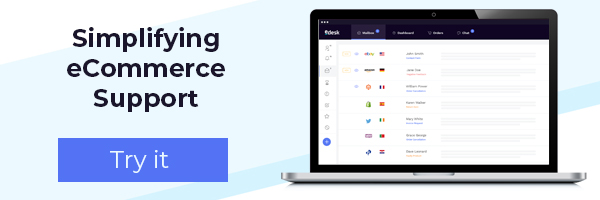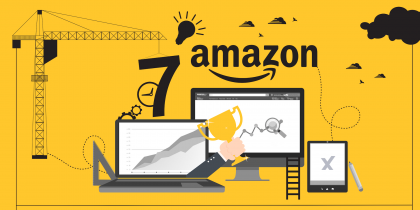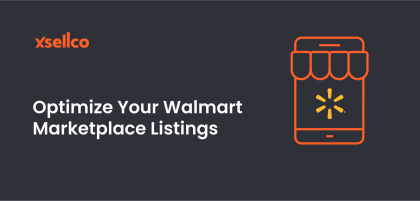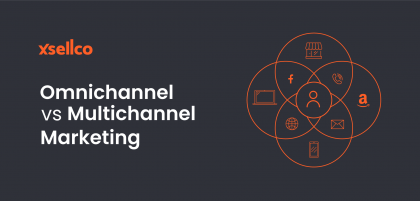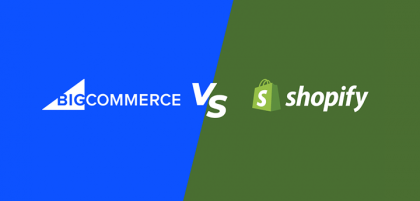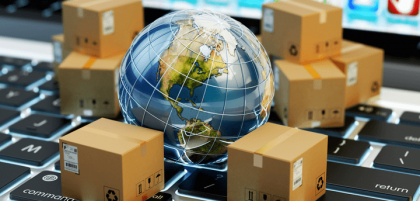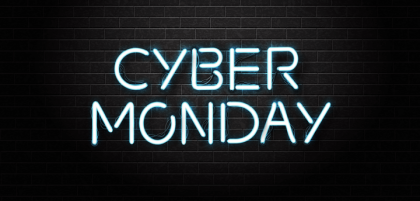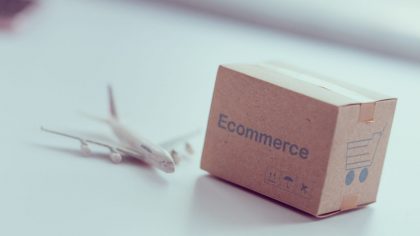As an e-commerce entrepreneur, you face three questions: do I produce products myself, do I produce in the United States, or do I manufacture abroad?
Since you’re reading this article, you are probably leaning toward the last option. Producing products abroad, especially from Chinese manufacturers, will give your business strong margins and fast turnaround times—in an ideal world. But this is not always the case.
To make sure you avoid getting scammed by Chinese suppliers, I’ll guide you through some tips and experiences I’ve had over the years.
My name is Nathan Resnick and I’m a serial entrepreneur who currently serves as the CEO of Sourcify. After bringing dozens of products to life and living as a foreign exchange student in Beijing, it’s safe to safe that I’m fascinated with Chinese manufacturing.
Figuring out what to sell online is hard.
Check out our free 12-page guide on finding, validating and sourcing the best products to sell on any marketplace.
Get the guide→
I’ve seen the ins and outs of dealing with Chinese suppliers and have unfortunately fallen victim of some of their trickery. I wanted to take the time to write this to make sure that you don’t run into the same problems.
Manufacturing in China comes with a ton of benefits, but it posts some risks, too. Securing a manufacturer can be difficult and trying. After all, there are several Chinese scammers that pose as manufacturers simply to take your money and run.
If you want to avoid this pitfall and enjoy all that Chinese manufacturing has to offer, here’s what you should do.
#1. Work with factories
When you’re considering an overseas prospect, first ask yourself what type of company they are. There are a plethora of middlemen—mainly trading companies, wholesalers and sourcing agents—that you’ll want to avoid.
Your company should work with a manufacturer that actually produces their own products. Although it can be hard to come by factories, there are a few tips and tricks for identifying them. First, let’s delve into the common types of overseas middlemen and how to identify them.
Trading companies
Trading companies buy products from factories, add a margin to their cost and resell them. They tend to offer a wider array of product categories and options than standard factories. They also typically offer lower order quantities.
Trading companies tend to have trained sales and customer support teams that know how to deal with westerners. Some individuals who work for trading companies will even say that they are a factory to draw in potential customers.
Wholesalers
Wholesalers operate much like trading companies: they buy a product in bulk and then they add a margin to the total cost of their products. The main difference between the two parties is that wholesalers generally have warehousing connections in America. This allows them to provide decreased lead times and reduced shipping costs.
Again, this sounds like an advantage, but it’s generally not worth the potential risks and increased cost. Wholesalers aren’t a factory, so they can’t customize products or change the manufacturing process in any way. Their offerings cost more and they’re not responsible for any issues that arise during the production process.
Sourcing agents
A sourcing agent is an individual or a company that can help you import products from China. They are often called purchasing agents. Good purchasing agents can be very valuable, but they’re extremely hard to come by.
In fact, they’re so hard to come by that searching for them often isn’t worth your time. There are a few trustworthy options out there, but the vast majority of people and companies who call themselves sourcing agents are just trying to make a fast buck. They’re known to be disorganized, biased when choosing manufacturers and they take no responsibility for manufacturing issues that arise.
#2. Finding a factory
Now that you know what to avoid, it’s important to understand the tips and tricks for identifying a viable factory supplier. Luckily, identifying a factory is pretty simple. The main thing you need to do is to ask for a copy of their business license. If they provide it, you’ll be able to tell what kind of company they are quickly.
Look at the ‘business scope’ section of their license and you should see a list of categories that the business is permitted to operate under.
Another option is to search for their registration record. To find this information, visit the AIC website and search for the Chinese province where the company is registered. You’ll then be directed to the province’s AIC site, where you can search for the company with their registered Chinese name. Here, you’ll be able to see a list of the company’s categories.
This step can be complicated by the fact that many Chinese manufacturers don’t have English websites. You’ll need to look at their Chinese websites with something like Google Translate’s Chrome Extension or a translator so you can properly understand their legal structure.
#3. Cross-referencing your results
Although the tip mentioned above is the main way to verify the type of party you’re working with, it isn’t a standalone method. You can’t confirm a factory’s validity in only one step.
In addition to checking the business license, review their online presence, ask them if they can provide additional business certificates and look at the trade shows that they attend.
As far as online presence goes, you want a factory to have their own website. A good sign is if they also have email addresses that correspond with their site’s name. Of course, not all factories have websites, so this isn’t a foolproof method. It will, however, give you an idea of what factories are legitimate and what ones are middlemen posing as factories.
A Google search with the company’s name followed by “trade shows” should provide you with information about their attendance. Look for photos of them at shows and try to confirm their participation by looking up trade show directories.
It’s not always easy, but it’s worth it
I started Sourcify to make manufacturing abroad easier. Our site connects companies with pre-vetted factories and allows them to manage their entire production process on one seamless platform. Sourcify helps companies bring products to life faster and we help them reduce their unit costs, too.
Whether you work with a platform like Sourcify or go it yourself, it is possible to avoid getting scammed by Chinese suppliers. You’ll need to overcome language barriers and tricky middlemen to do so, but all this work will be well worth it when you’re saving on production costs and increasing your profit margins.

